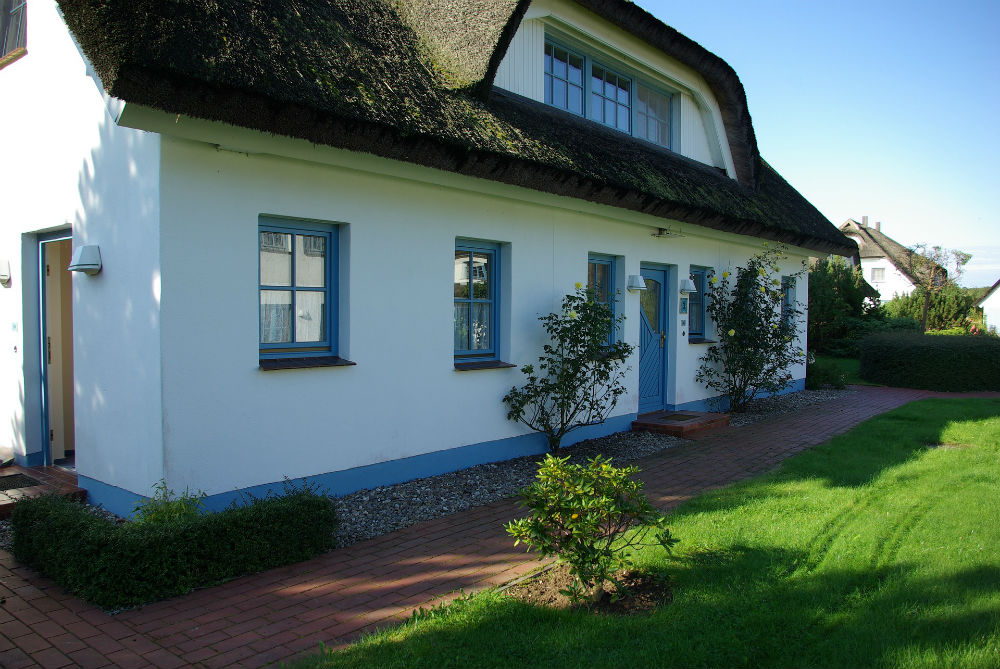Working hard and earning money is the foundation of your financial future — but it’s far from the full story. Experts agree that to meaningfully increase your net worth over the long haul, you’ll need to invest in things. You’ll need assets that appreciate, whether they are stocks, real estate, or (preferably) both. You’ll need sources of passive income, too.
And when it comes to securing an investment and passive income in one move, few options are as powerful as buying a rental property. A rental property, which can be a form of “investment property” and is the most common type of “income property” (both very aptly named), is an asset that will appreciate while providing you with an income in the form of rent.
But before you dive in, you need to consider the larger financial picture. Depending on your situation, buying a rental property may or may not make sense — and, once you have one, you’ll have to make sure that it continues to make that same kind of sense.

Can you afford a rental property?
Researching a potential rental property purchase involves taking a close look at the property in question. It should also involve taking a careful look at yourself and your finances. Can you afford the property?
Remember, it’s not just about having enough in cash for the down payment. You need to make sure that you can afford the mortgage payments for as long as you’ll have to make them — and you’ll want to make sure that you’re going to get by even if you hit some roadblocks.
Real estate is great in a lot of ways, but it’s not very liquid. So if you experience a drop in your income or run into problems with the property that require expensive and immediate fixes, then you’ll need to have an emergency fund to dip into.
And while rental properties are usually good investments, no investment is risk-free. So you don’t want all of your savings tied up in just one property. Make sure that you still have savings accounts, long-term retirement investments, and that aforementioned emergency fund.
Keeping your rental property profitable
Once you’ve found a property that makes financial sense for you, you can begin to profit off of it — provided, of course, that you are managing your property properly.
But you might face pitfalls. Your property could become less profitable — or even operate at a loss — if you fail to properly manage maintenance and upkeep-related expenses. And you could suffer financially if you fail to find a tenant — or, worse yet, if you find a bad tenant who destroys things on the property and doesn’t pay rent in full.
The good news is that, as a landlord, you’ll have a lot of tools at your disposal to help you keep your property running smoothly. You can partner with property management firms and contractors to make sure that your space is routinely inspected and maintained (remember to be proactive about maintenance — saving money in this department doesn’t mean skimping on required repairs, because deferred maintenance is often more expensive).
And you can also use landlord software solutions to manage tasks such as posting listings, creating applications, and tenant screening. Modern online software will make sure that your property connects with the reliable tenants that you’re hoping for.
No investment is foolproof, but a rental property can be a great way to generate income while investing in a potential growth asset. If you have the budget for it, you should consider the option.

